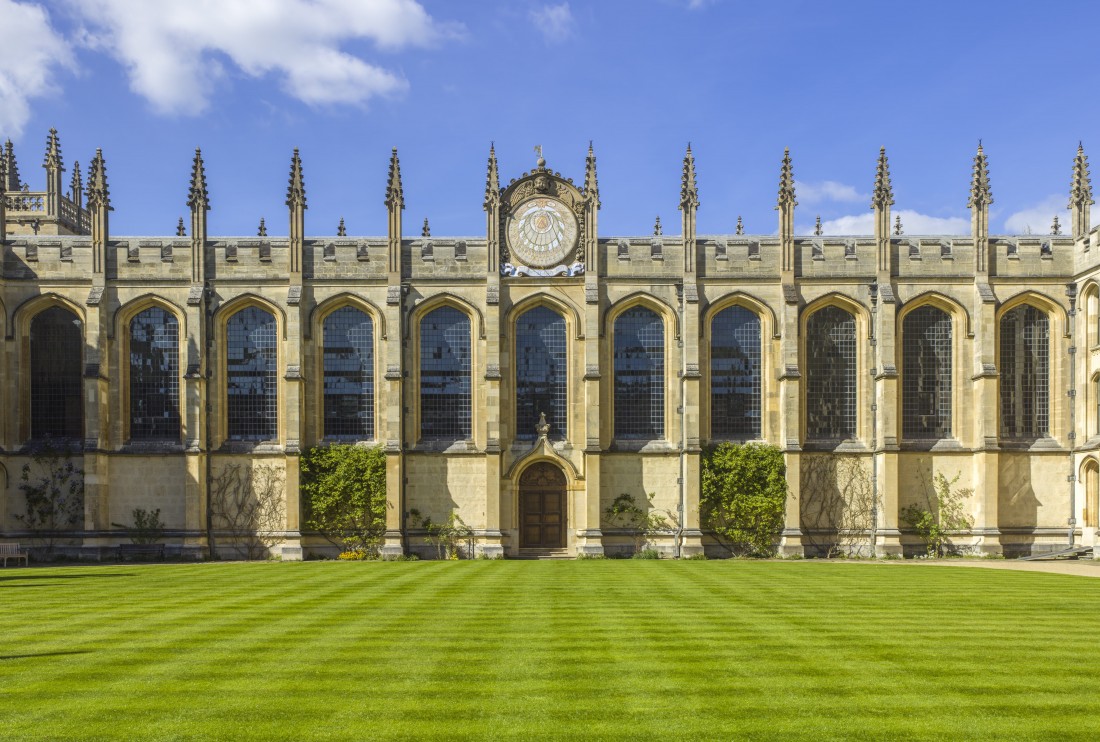‘Tomorrow morning, Britain will wake up to a verdict, a verdict to remain within the EU.’
Those were my words in the dying hours of Thursday’s referendum. How wrong I was. How wrong the world was.
Such was the confidence of ‘establishment elites’ in a Remain vote, the Pound gained on the Dollar to a 2016 high just as polls closed. However, as the results from the North East came in, the ill-founded beliefs of the financial markets became apparent. The Pound reached the biggest drop on record as a consequence of the upset of Britain saying “No” to Europe; a big two fingers up to the elite. No matter how many experts, world leaders and ‘independent’ bodies said otherwise, the majority of the public issued an instruction to Westminster: It’s time we did politics differently. It’s time we celebrated our Independence Day.
And it is this initial shock to the system we are seeing now, rather than any long term forecast of a post-Brexit world. The markets have already begun to stabilise, supported by safeguards offered under the Bank of England’s contingency plans. £250 billion will now be made available by the central bank to ensure the markets do not take an irrecoverable tumble as many economists have predicted. The certainty of Prime Minister Cameron’s position has also helped somewhat in securing a continuation of the status quo until at least the autumn.
But aside from these immediate ‘hysterical reactions’ as Donald Tusk described, what other issues have emerged? Within hours of the official announcement, David Cameron proclaimed his resignation despite the loyalties of some 80 Brexit rebels. Thus, the hype and preoccupation of a Tory leadership contest is well underway. Among the leading contenders is Boris Johnson, Cameron’s old Etonian and Oxford rival. MP Chris Grayling also skirted around the question about his own intentions and Michael Gove may well make a run for it. There have also been some expressions of support for Theresa May: a Remain campaigner but not as publically committed as the Prime Minister and the Chancellor have been.
Concurrently, First Minister Nicola Sturgeon has been unambiguous in her intentions to hold a re-run of the 2014 Scottish Independence Referendum. Sturgeon has claimed a referendum is ‘highly likely,’ already beginning the process of drafting the legislation required to reverse the ‘democratically unacceptable’ prospect of Scotland leaving. This presents a significant constitutional crisis and to avoid the potential catastrophe, Vote Leave needs to coronate a pro-Brexit Prime Minister soon, consolidating the mandate they have received overnight and restoring strong, national leadership. Whilst this will not quell the issue entirely, the integrity of the union is at stake.
Ahead of a Brussels meeting next week, Eurocrats and world leaders alike have expressed their ‘regret’ over the ‘sad’ choice Britain has made. German Chancellor Merkel has appealed for people to be ‘calm and composed.’ Triggering Article 50 of the Lisbon Treaty is the legally recognised way of exiting the single market, but would also set a two year time limit on the negotiations. Cameron has made the right call in deciding to pursue informal discussions first before formally giving notice, preferring instead to delay this decision to his successor. However, the David versus Goliath saga continues, now with European Commission President Jean-Claude Juncker disagreeing over this postponement of Article 50. It is hardly surprising therefore, that the verdict the British people gave last night was a reflection of this sentiment, that Brussels has its own interests at heart. It is very easy to interpret the stance the EU has taken over this as an attempt to rush proceedings thus leading to a chaotic or unresolved situation in two years’ time.
The European Project is defended by the Brussels elite with such vigour that they are determined beyond all costs to avoid a so called ‘contagion effect.’ They are resolute in their attitude that this divorce must appear painful for Britain, irrelevant of how this may damage the domestic, European or world economy. On the decision, Parliament President Martin Schulz exclaimed ‘that’ll have consequences and I don’t believe other countries will be encouraged to follow that dangerous path.’
Blinkered by their EU bubble, Eurocrats are failing to take the hint. If they do not change their strategy now, the trigger that is Britain’s decision will go down in history as the Franz Ferdinand assassination of the EU project. Deconstruction is inevitable. It’s only a matter of time.




